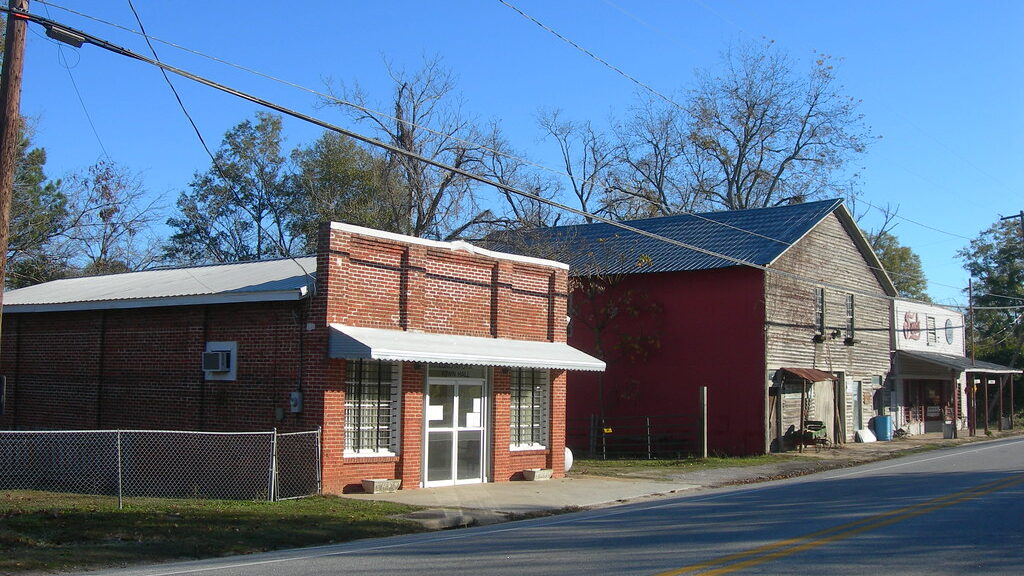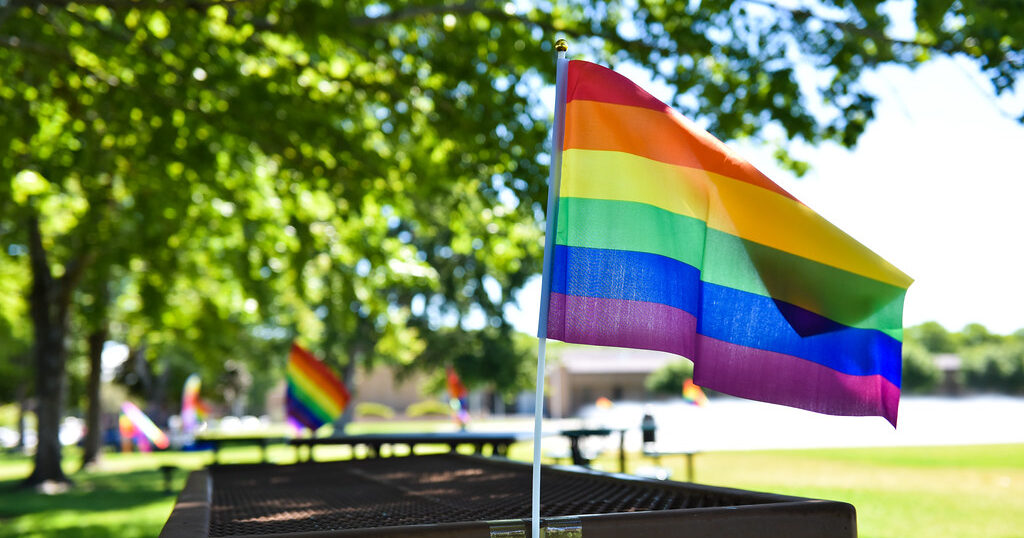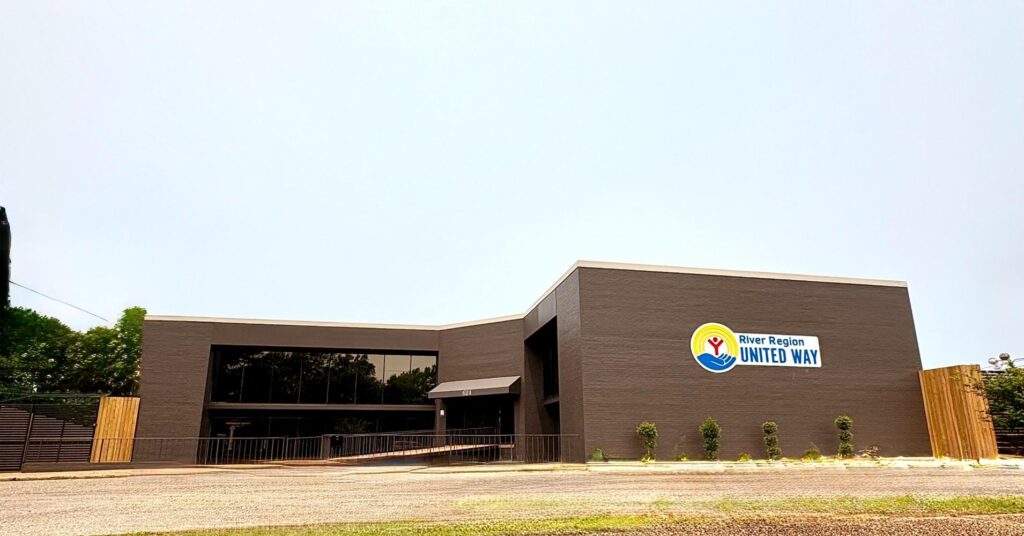Reviewed by: Sarah Gronberg
Inside look at Auburn’s bee lab + For the Bees club
Reading time: 4 minutes

Bees sometimes get a bad rap because of their sting, but we all know that without bees, we wouldn’t have the beautiful flowers, yummy fruits and honey we enjoy. Because they pollinate our food, bees are necessary for our environment—however, the bee population is declining due to pesticides and climate change.
Auburn University is doing its part to fight for the conservation of bees through their For the Bees club and their campus bee lab, the Auburn University Bee Lab. Keep reading for an inside look.
Auburn’s “For the Bees” club

For the Bees is a student-run orginization on Auburn’s University’s campus. Any Auburn student that is passionate about bees or the environment in general is welcome to join.
For the Bees partners directly with the Auburn University Bee Lab and holds many on-campus events, such as its Sustainability Picnic in August and Earth Day celebration. These events serve to spread awareness about native and non-native bees.
For the Bees also participate in outreach events such as visiting local schools and speaking with younger children.
The club can often be found on Auburn University’s concourse speaking to students and selling adorable handmade merch and honey sticks.
“Our club is really about raising awareness and having people think about change throughout their everyday lives. A lot of people in our club post pictures of bees they find pollinating flowers, and it’s really great to see. People can do little things to help our pollinators. Like, maybe you can take a more sustainable approach to the things that you buy or plant flowers on your balcony. Or if you have access to it, planting wildflowers in your yard instead of having a groomed lawn.”
– Skyler Demi, For the Bees president
The Auburn University Bee Lab

The Auburn University Bee Lab works toward promoting the health of pollinators all while continuously researching and studying their habits in their natural enivronments.
One way the Auburn University Bee Lab does this is by pollination services through the planting of biodiverse wildlflowers. They explore the role pollinators play in pollinating native and cultivated plants with partners such as Alabama Agriculture Experiment Station and Alabama Department of Agriculture.
“Some good flower species that have been good for us are Firewheel, Black Eyed Susans, Swamp Sunflowers and Verbenas. We’re looking at how fall management practices for wildflower plantings impact the growth and longevity of the plants.”
– Zachary Beneduci, Native Bee Graduate Student at the Auburn University Bee Lab

The Auburn University Bee Lab also cultivates honey that the public can purchase through its website. Their labels on the honey offer an interactive QR code that shows where the honey came from, how it was processed and who was responsible throughout the process.
The lab partners with Sweet Grown Alabama, a non-profit organization promoting locally produced agriculture consumption.
“We have eight bee areas currently. We collect honey from those eight bee areas every May and every June or July. Some colonies will give us lots of honey, while others might give us less honey. We go out into the field, collect boxes full of honey, put them on the truck, and then take them back to our lab. So, once the honey collects at the bottom of the extractor, we have to filter it and get all of the bee parts and wax out of it. And then we store it in buckets. Then it’s like nice filtered honey that we pour into our bottling tank. Then we label them.”
– Rachel Jacobsen, Research Assistant + Outreach Coordinator at the Auburn University Bee Lab

The Auburn University Bee Lab also researches pests that wreak havoc on bee colonies, such as small hive beetles. They keep cultures of these beetles within their lab to study their population habits and densities. This critical research contributes to conserving bees and their habitats and how beekeepers can manage them.
Want to check it out for yourself? Find the Auburn University Bee Lab online:
Want updates like this delivered straight to your inbox? Sign up for our newsletter today.







